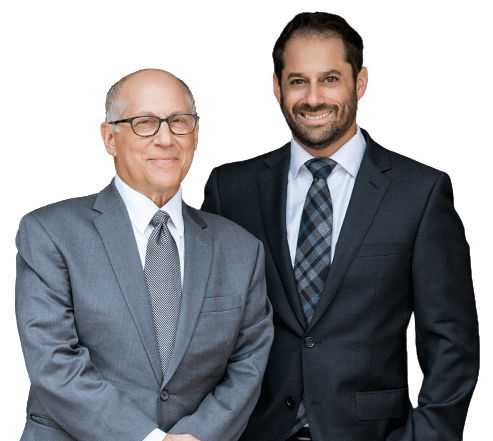When dealing with disability benefits, it can be confusing and frustrating to sort out what all the acronyms mean and what you’re eligible to receive.
Here at Bentoff & Duber in Cleveland, Ohio, we are often asked the difference between Social Security Disability Insurance (SSDI) and Supplemental Security Income (SSI). These are the two largest federal programs that provide services to people with disabilities and it can be difficult to know which one is right for you.
Eligibility
One of the biggest factors that make these different is eligibility. SSDI is only available to disabled or blind individuals over the age of 18 who have paid Social Security taxes. To qualify for SSI, an adult or child must have limited income and resources, and meet the living arrangement and any other requirements.
Financing
SSDI is financed with Social Security taxes and distributed monthly based on the Social Security earnings record of the insured worker. SSI is funded through general tax revenues and paid monthly based on need. The amount of distributed SSI varies up to the maximum federal benefit rate, so not everyone receives the same payment amount because it could be supplemented by the state or decrease based on other factors.
Coverage
After two years of receiving SSDI, you will become eligible for Medicare automatically. In most states, individuals receiving SSI are automatically eligible for Medicaid.
Have questions about the differences in Social Security Disability Insurance and Supplemental Security Income? Ask the disability benefit experts at Bentoff & Duber by calling 216-861-1234 or submit a contact form for your free consultation.
About the author: Brandon Duber, a Partner with Bentoff & Duber Co., LPA, is a lawyer with proven experience in the courtroom and expertise in the areas of workers’ compensation, criminal defense, personal injury and medical malpractice law. He received his B.A. from Skidmore College in Saratoga Springs, NY and his J.D. from The Case Western Reserve University School of Law in Cleveland, OH.

